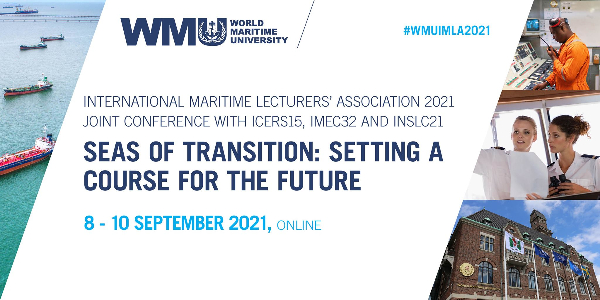Document Type
Paper
Publication Date
2021
First Page
170
Last Page
177
DOI
http://dx.doi.org/10.21677/imla2021.18
Abstract
The main problem of working in multilingual crew onboard ships is that it is a double-edged sword. While it can boost the number of ideas achieved due to various perspectives coming together to solve a problem, it can also lead to higher levels of conflict other than what may be in conventional crews. If crew members are unable to set aside their differences and communicate effectively, that generates mutual understanding, the solution of bringing together all the most excellent minds in the world will not have the ability to solve that problem. When seafarers with a single cultural perspective on the world happen to come together, they will quickly finish asking themselves: “What’s wrong with these folks?” When seafarers with intercultural competence come together something surprising happens. The multilingual crew members can help each other to talk about their perceptions. They have the power to present to each other their new ways of thinking. They can work together to solve problems in ways that they have never tried before. Ultimately, they can “merge” their different worldviews into a “commonly accepted” way of thinking beyond the constraints of everyone’s cultural custom. This paper tries to identify the reasons for developing the ability of seafarers to shift their mindset from national to international, redefining which group they belong to, saying: I am an international seafarer vs. I am a Romanian/Finnish/Swedish/Filipino/Indian/..…. seafarer.


